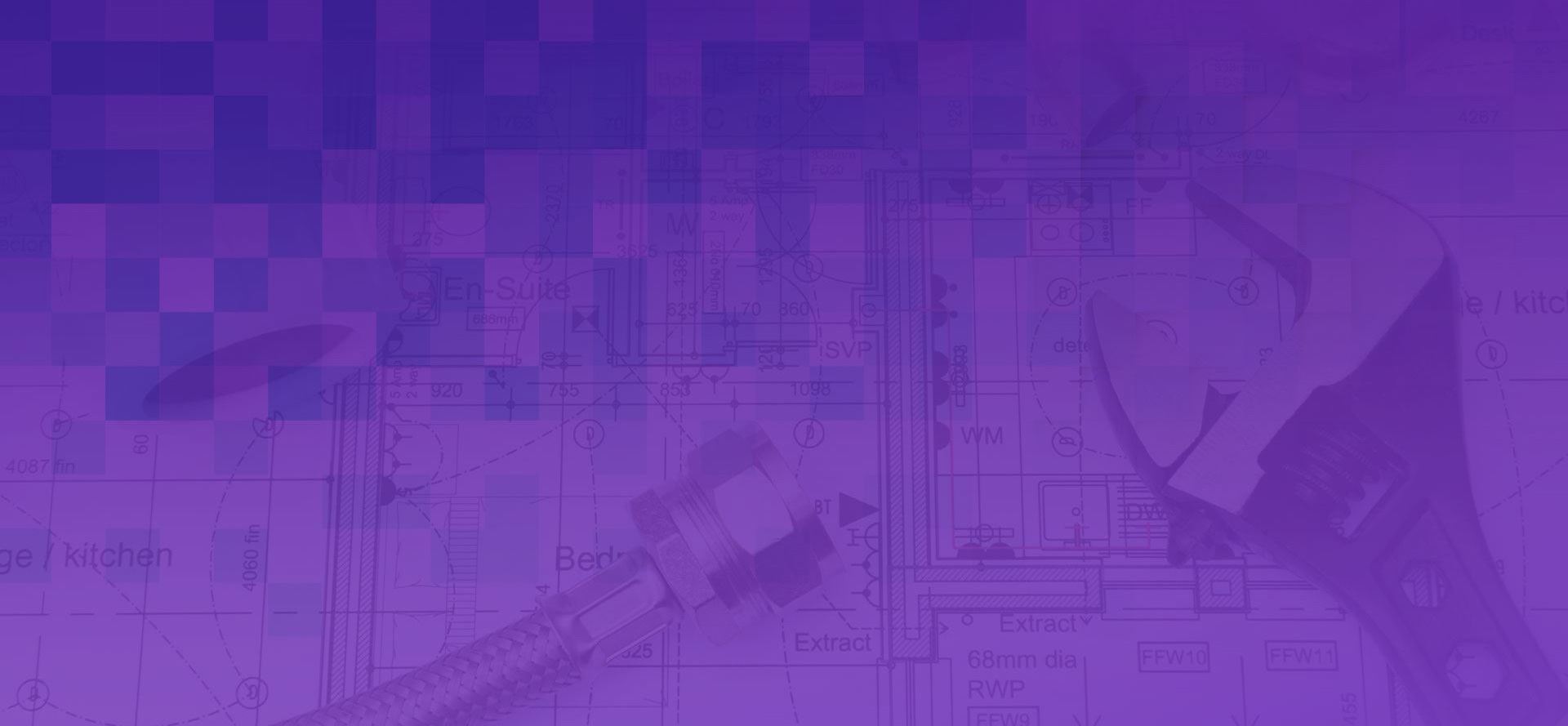What Is a Slab Leak and Do You Have One?
A slab leak is a term used for broken or cracked pipes under a house’s foundation, causing a leak. There are many different ways that slab leaks can occur, and many different signs that you have a slab leak. They’re a little hard to spot, depending on where the leak is, but it’s possible to narrow down a slab leak by the process of elimination.
Unfortunately, they can be very dangerous, sometimes they are the reason for foundation shifts and structural damage if gone unchecked. This article will tell you all you need to know about slab leaks and the different ways you can determine if you have one.
Common Causes of Slab Leaks
To keep things simple, a slab leak is a leak that occurs under the slab foundations of your home - hence the name. While these leaks are often unseen, they can cause a significant amount of damage to your home. So what causes them? Some culprits include:
- Damaged Plumbing: Sometimes, during construction, it’s not uncommon for pipes and materials to get a little banged up. Human error is not ever fully preventable, so a slab leak may form underneath a new house in a pipe that had been damaged in transport or installation.
- Foundation Shifts: Even if you don’t live in an area that is prone to earthquakes, the ground under and around your home’s foundation can shift without being noticed. Sometimes this is due to the natural movement of the earth’s crust, but more often it is caused by heavy rains where the soil soaks up too much water and causes shifting. Underground pipes are built to withstand some pressure, but if there is too much shifting, it can cause a slab leak.
- Abrasion and Corrosion: Most common in homes with copper pipes, this happens when pipes are worn down over time by contact with objects underground. Abrasion occurs as the pipes expand and shrink slightly with the passage of water. This is normal, but it can cause wear on the pipes if they are in contact with concrete, rocks, or other hard objects used in building homes.
Corrosion occurs when copper pipes are in constant contact with soil that has heavy concentrations of minerals (such as sulfate and chloride). This usually occurs in older homes and is a fairly rare occurrence around most of the country.
Common Signs of Slab Leaks
One of the most difficult plumbing issues to detect, slab leaks can sometimes go unnoticed for years, doing expensive damage to the foundation of your home.
Luckily, there are a few signs you can look for that indicate a slab leak.
- A Spike in Your Water Usage: If you haven’t changed your routine, but you see a spike in the water bill, you may have a leak. While this doesn’t necessarily denote a slab leak, it is a sign that you need to do some looking to find out.
- Moisture, Mold, Mildew: If you notice moisture, mold, or mildew under your carpets or along the bottom of your walls, you may have a slab leak.
- Musty Smell: If your home smells unusually musty, especially on the ground floor or in the basement, you may have developed a slab leak.
- Standing Water: Another sign pointing to a slab leak is standing water around your home’s foundation.
- Running Water: If your water meter is running, or you hear the sound of running water when none is in use, it’s a good indication that you have a leak.
Professional Leak Detection Process
While it’s possible to find a slab leak yourself if you happen to see a crack or wet spot on your floor, it’s best to call a professional if you suspect you have a slab leak.
Plumbers use special tools to locate underground slab leaks, and can also help you formulate a plan of action to fix it before it does more damage to your home.
It’s important to take action fast since the longer it takes for slab leak detection, the more damage it is liable to do.
About Knight Plumbing, Inc.
For fast, friendly, and professional plumbing services in Milwaukee, WI, look no further than Knight Plumbing, Inc. Their plumbing technicians are certified and extensively trained to take on any plumbing problems you may have. They use the latest technology to ensure the highest-quality and most cost-effective repairs possible.
